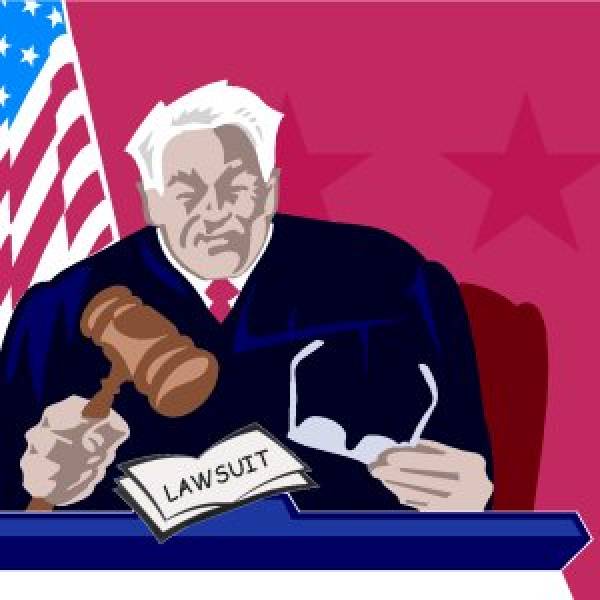Case Against Online Poker Sites Weak Says I. Nelson Rose

Noted gambling industry attorney I. Nelson Rose breaks down the case against three online poker rooms indicted on April 15: PokerStars, Full Tilt Poker and UB.com.
Nelson made his assertions last week on Casino City.com. It’s a most interesting read.
Gambling911.com will break down Rose’s points in an easy-to-read format.
The UIGEA is an enforcement tool that only applies to money taken in by the online poker room. In other words, nobody is going to be charged with simple violation of the Unlawful Internet Gaming Enforcement Act (UIGEA).
“It requires there be a violation of some other federal or state anti-gambling law,” Rose explains.
In this case, prosecutors charged the defendants with bank fraud and money laundering.
But here is an interesting irony. Rose suggests that the defendants technically did not commit bank fraud being that such a charge requires there to be a victim.
“The bank fraud statute requires a scheme to either ‘defraud a financial institution’ or to obtain any money owned or held by the bank. The second one won’t work. Lower courts have said the law was designed to protect the integrity of the banking system. But, the U.S. Supreme Court ruled that part of the statute means what it says: prosecutors have to show the victim lost money. Here, the banks were supposedly tricked into making millions of dollars. Talk about a victimless crime.”
He adds: “So, the DoJ is left with having to show that banks were “defrauded.” Again, there will be an issue of what exactly did the banks lose?
“As of June 1, 2010, there are regulations the banks have to follow. But, almost all the events took place prior to that; and, the final regulations do not provide for fines.”
Rose also points to the repeated use of the word “fraud” in the indictments, suggesting that the usage is a means of making it appear to players that online gambling sites cannot be trusted.
The most damning piece of information contained within the indictment, most experts including Rose agree, stems from the allegations that the online poker companies paid off a small Utah bank to apply the gambling transactions.
“The indictment sets forth facts that would seem to call for a count of bribery, if true. Some of the defendants paid a small Utah bank $10 million to buy 30% of the bank, so the bank would transact online poker payments that the bank was reluctant to do. An officer and part-owner allegedly asked for, and received, $20,000. The indictment is careful to call this payoff a ‘bonus’ rather than a bribe. The banker was charged with conspiracy and being part of the other activities constituting crimes. This avoids the question of who exactly was the victim, since it was the banker who solicited the payment. It also gets around the problem of whether a briber and bribee can also be charged with being coconspirators.”
In closing, Rose states that the seized monies in this case could belong to players, not the online poker rooms – at least a portion of it – and that the US Attorney’s office has no right holding onto it.
None of those charged will stand trial, Rose predicts. They will settle out of court, paying large sums of money and perhaps serving nominal jail sentences.
- Christopher Costigan, Gambling911.com Publisher













